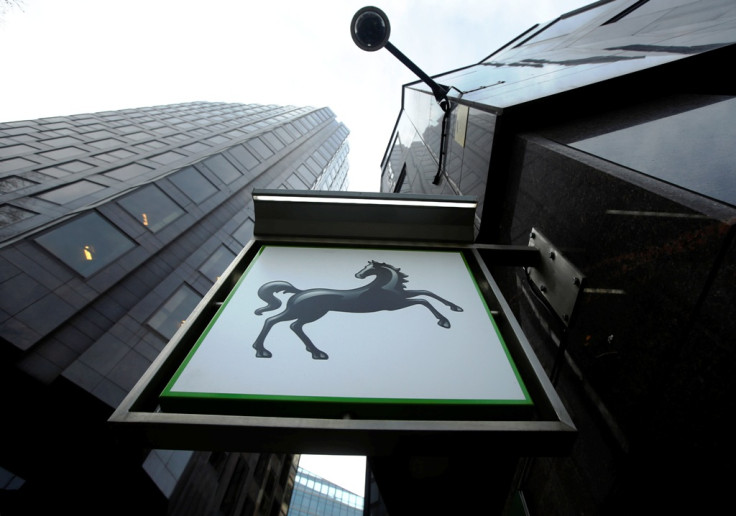Treasury admits 'fat finger' blunder costing Lloyds bond holders £2bn

The Treasury has admitted it made a blunder by telling Lloyds Banking Group that it had permission to buy back investor bonds that propped the bank up in the wake of the financial crash – depriving holders of the notes billions of pounds in interest payments.
The so-called "fat finger" error reported by Business Insider, saw the Treasury incorrectly state the Prudential Regulatory Authority had approved Lloyds' application to redeem a series of Enhanced Capital Notes (ECNs), disclosed by the bank on 16<sup>th December 2014.
A statement by Sir Nicholas Macpherson, Permanent Secretary, HM Treasury, said: "HM Treasury understands that the PRA has not yet made a decision regarding whether to approve Lloyds Banking Group's application. We apologise for this error, and sincerely regret any problems caused."
Because of Lloyds' status under the control UK Financial Investments, it is required to get permission from the government to buy or sell certain financial products, such as the notes in question.
The enhanced notes offered investors a massive 12% interest payments, and were a big hit with market makers, an estimated 100,000 of whom are now going to lose out in as much as £2bn.
The bonds could be held by investors for as long as 15 years. If the financial health of the bank dwindled to below a key 5% market level (known as core tier 1 capital ratio), the bond would convert to shares.
Lloyds is aiming to give ECN holders just 128.5p per bond with an annual interest rate of 16.125%. This is dramatically less than the 175p they were previously worth, reported Business Insider.
© Copyright IBTimes 2024. All rights reserved.






